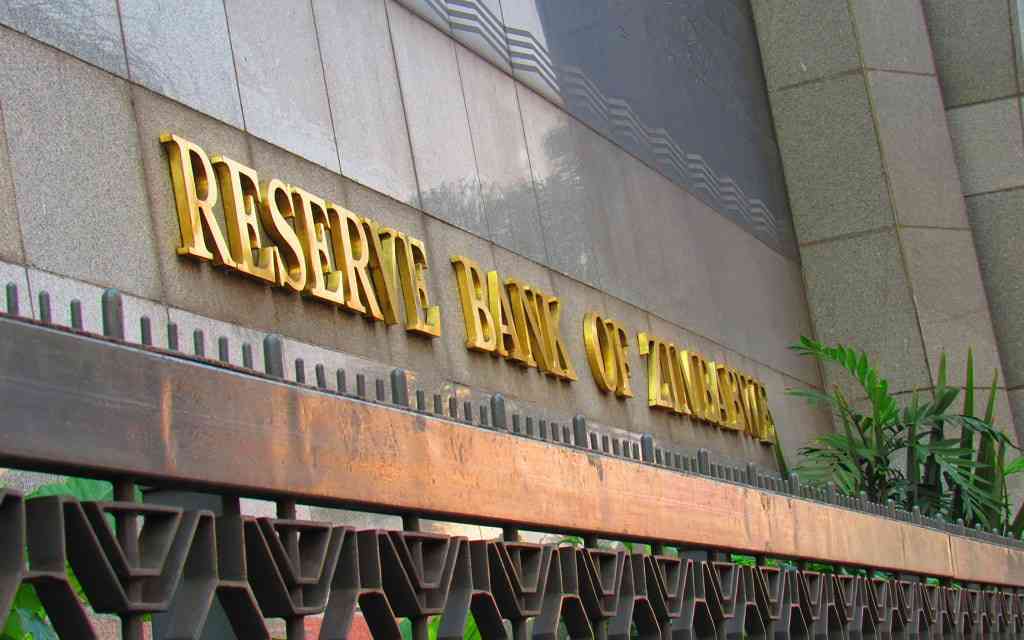
OIL Expressers Association of Zimbabwe (OEAZ) says its members are left with less than two weeks’ supply of foreign-sourced raw materials, as they were struggling to secure foreign currency for imports.
BY MTHANDAZO NYONI
OEAZ chairperson Busisa Moyo told NewsDay that the situation was dire and needed urgent intervention.
“We are down to a one-to-two weeks supply for cooking oil, soap and one week for soya meal on average. The situation remains critical as eggs, chicken and pork availability will be negatively affected as these depend on soya meal as the base protein source. Day old chicks and other meat sources will also suffer,” Moyo said.
Recently, the Confederation of Zimbabwe Industries revealed that the majority of Zimbabwe’s businesses were left with less than a month’s supply of foreign-sourced raw materials and warned they could come to a complete standstill if the country’s foreign currency shortages were not addressed urgently.
In response, government agreed to offer letters of credit until March to allow large corporates in food manufacturing to import raw materials.
Commenting on the allocation of forex to private companies by the central bank, Moyo said “I see this as an interim intervention while the economy finds balance. The best allocator of a scarce resource however is allowing a “market model” of willing buyer and willing seller to distribute the resource. Foreign currency is best placed in an interbank-run market system or at least an auction system.”
Moyo said oil expressers for the most part have not received any foreign currency allocation since 2017, but have been issued letters of credit by various banks on an individual basis.
- Chamisa under fire over US$120K donation
- Mavhunga puts DeMbare into Chibuku quarterfinals
- Pension funds bet on Cabora Bassa oilfields
- Councils defy govt fire tender directive
Keep Reading
He said the environment remained expensive owing to currency distortions and corruption which have not been dealt with.
“We are assessing the situation, the environment remains too turbulent to commit to a strategy. Currency stability is required, production and productivity support is still lacking in the real sectors although agriculture has received some support,” he said.
“Business should be allowed to trade and operate freely using market frameworks. Disallowing discounts for sales in USD or Rand which should be perfectly legal in a multi-currency system is preventing normalcy and stability from an operating point of view”.
He added that all interventions should be time-bound so that they don’t breed corruption and abuse and allow crowding out.











